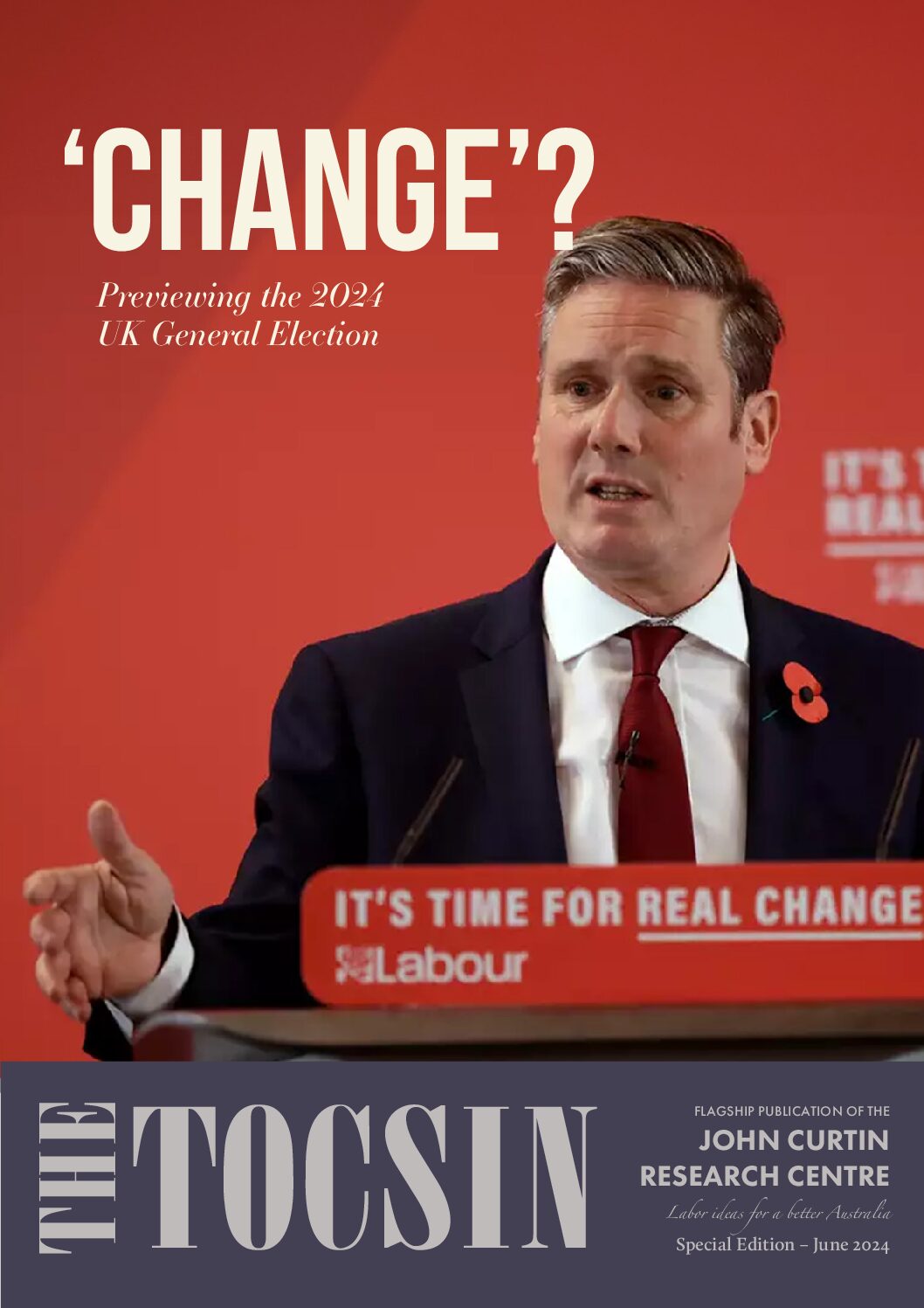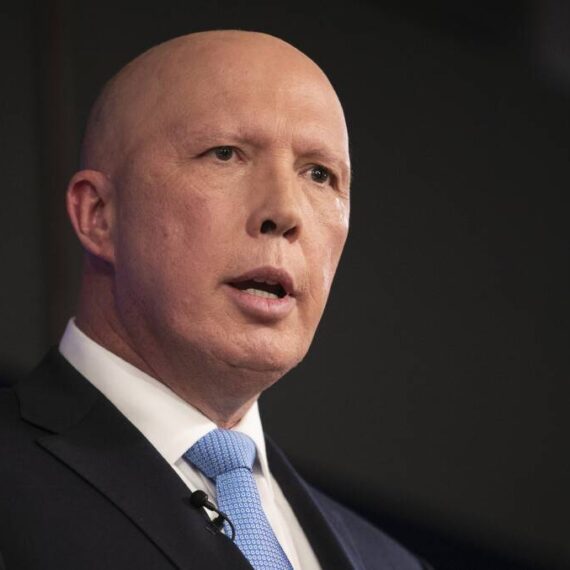Without minimum service standards imposed by parliament, Qantas risks becoming a cheaper and nastier version of Aeroflot with million-dollar executive salaries.
It is a statement of the bleeding obvious to observe that even in the age of modern communications, free trade and jet airliner travel, Australia is a nation defined by the phrase “the tyranny of distance”.
We are not just a long way from the rest of the world but are tyrannised by vast distances internally. Perth is famously the world’s most isolated capital city. France could fit into Australia’s landmass about 14 times over. Our largest state is bigger than Texas and Alaska – combined.
Yet despite all this, Australians have always been inveterate travellers and traders, beginning with our First Nations people. Head anywhere overseas, whether to Europe, Asia, North or South America or even Africa, and you’ll hear an Australian accent everywhere you go.
We export everything from coal and iron ore to wine and alpaca wool. Our education sector welcomed more than a million overseas students a year before COVID-19. And our tourism industry is one of the pillars of our economy.
For Australia – as an open, trading nation – reliable transport and travel and trading routes are not optional extras, or to be left solely to the forces of profit-making. Reliable transport and travel are what make us viable as a nation and an economy – without them, Australia would cease to exist.
(This is one of the many reasons why some pro-China apologists are so wrong. Allowing China to control and choke off our major shipping lanes through the South China Sea would be devastating to Australia, to our farmers, miners and exporters, and leave us hostage to the Chinese Communist Party’s whims).
And this is why Qantas’ recent decline into an outfit reminiscent of a third-rate 1970s national airline is so worrying. Numerous media outlets have reported on the disturbing decline in on-time performance, as well as on cancellations and shabby passenger experiences.
Minimum standards must be enforced
Australia’s national carrier has been reduced to a sort of Fawlty Towers outfit where the passengers are an afterthought, where chaos reigns supreme, and where the only things in plentiful supply are the apologies “for any inconvenience”.
Enough is enough.
Not only has Qantas had years to prepare for the post-pandemic travel demand, but it’s also had a lot of taxpayer support. Billions of dollars’ worth of taxpayer support, in fact.
The Australian community has forked out eye-watering sums to keep Qantas in the skies and competitive with its rivals, only to be rewarded with mass sackings, outsourcing of key personnel, and subsequent collapse of the airline’s capacity.
If Australia is to maintain Qantas as our national airline – and it’s in our national interest to do so – things need to change.
Like Telstra, Qantas needs to have minimum service standards imposed on its performance by parliament. If taxpayers are going to keep pumping cash into Qantas, there needs to be a return for the community – in this case, an assurance that the basics of airline services, such as leaving and arriving on time and taking your luggage with you, are delivered.
These service obligations should be enforceable by serious financial penalties on senior executives, management and the board if they aren’t met on a quarterly or annual basis, putting the onus back on company management to deliver real outcomes for Australians rather than just turning Qantas into a cheaper, nastier version of Aeroflot while collecting million-dollar salaries.
No doubt Qantas CEO Alan Joyce, who has much to say on issues not related to planes taking off and landing on time, will come up with arguments about why this is a bad idea.
To which one could only respond that if an airline CEO has a problem with planes running on time and services not being cancelled and delivering passengers to the destinations they paid exorbitant ticket prices to go to, then what exactly is the point of an airline CEO at all?
If you aren’t going to deliver a reliable service to the nation that relies on you, perhaps it’s time to find a different line of work.
Qantas’ long-suffering staff and the various unions that represent them would be overjoyed to get a little support from the new federal government. And I suspect most Australians would back the idea too.
The airline’s overworked and underpaid employees are at the coalface, unable to do their jobs because of a lack of resources from management while daily copping the brunt of passengers’ justifiable and escalating anger.
A parliament-imposed set of service obligations would force Qantas’ executives to invest in more staff and better systems, taking the pressure off workers.
The Australian community has poured billions into Qantas, paying to keep our national airline in the skies and to keep Australia going. It’s time we got a say in how that money was spent by Joyce. After all, whose airline is it: ours or his?





